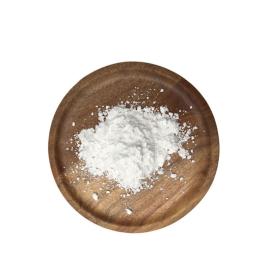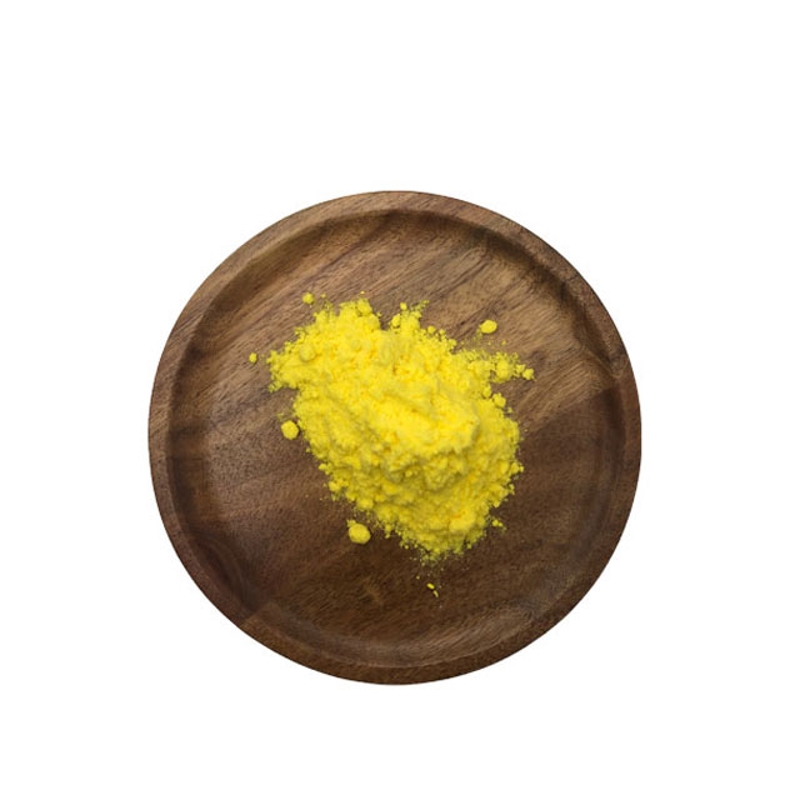-
Categories
-
Pharmaceutical Intermediates
-
Active Pharmaceutical Ingredients
-
Food Additives
- Industrial Coatings
- Agrochemicals
- Dyes and Pigments
- Surfactant
- Flavors and Fragrances
- Chemical Reagents
- Catalyst and Auxiliary
- Natural Products
- Inorganic Chemistry
-
Organic Chemistry
-
Biochemical Engineering
- Analytical Chemistry
- Cosmetic Ingredient
-
Pharmaceutical Intermediates
Promotion
ECHEMI Mall
Wholesale
Weekly Price
Exhibition
News
-
Trade Service
Heart failure (HF) and cancer are two major public health challenges worldwide
.
The aging of the population and the increase in related risk factors, such as hypertension,diabetes, coronary artery disease, obesity, and atrial fibrillation, are jointly leading to the global epidemic of HF
Heart failure (HF) and cancer are two major public health challenges worldwide
HF is a carcinogenic condition, which may be related to neuroendocrine activation, inflammation and oxidative stress, common genetic susceptibility, and clonal hematopoiesis of cancer and HF
Current experimental data indicate that statins may have chemical protective effects through different potential mechanisms, including inhibition of the mevalonate pathway, anti-inflammatory, antioxidant, and immunomodulatory properties
.
But so far, few studies have evaluated the relationship between the use of statins and the risk of cancer and cancer-related mortality in patients with high frequency
Statins may have chemical protective effects through different potential mechanisms, including inhibition of the mevalonate pathway, anti-inflammatory, antioxidant, and immunomodulatory properties
The researchers used the previously validated Hong Kong clinical information register to determine the statin use of all eligible HF patients (n = 87102) from 2003 to 2015
.
The Cox proportional hazard model was used to perform competitive risk regression to estimate the risk of cancer and cancer-related mortality associated with the use of statins
Among all eligible subjects, the average age was 76.
5±12.
8 years old, and 47.
8% were male
.
During the 4.
Diagnosis In general, the use of statins (relative to no use) is associated with a 16% reduction in the risk of cancer (HR=0.
experiment process
experiment processAt the same time, this inverse relationship with cancer risk depends on the duration: compared with short-term use of statins (3 months to 2 years), 2-4 years of use can further reduce the risk of cancer by 1% (SHR=0.
99; 95% CI, 0.
87-1.
13), and 4-6 years, ≥6 years can reduce 18% and 22% (SHR=0.
82, 95% CI=0.
70-0.
97; SHR=0.
78, 95% CI=0.
65- 0.
93); the risk of cancer death was reduced by 33% and 39%, respectively
.
99; 95% CI, 0.
87-1.
13), and 4-6 years, ≥6 years can reduce 18% and 22% (SHR=0.
82, 95% CI=0.
70-0.
97; SHR=0.
78, 95% CI=0.
65- 0.
93); the risk of cancer death was reduced by 33% and 39%, respectively
.
At the same time, this inverse relationship with cancer risk depends on the duration: compared with short-term use of statins (3 months to 2 years), 2-4 years of use can further reduce the risk of cancer by 1% (SHR=0.
The risk of death was reduced by 26% (SHR=0.
The use of statins and the risk of cancer and cancer-related deaths in patients with heart failure
The use of statins and the risk of cancer and cancer-related deaths in patients with heart failureIn summary, the use of statins is associated with a significant reduction in the risk of cancer incidence and cancer-related death in HF, and this association depends on the duration
.
.
In summary, the use of statins is associated with a significant reduction in the risk of cancer incidence and cancer-related death in HF, and this association depends on the duration
.
references:
Statin associated lower cancer risk and related mortality in patients with heart failure, European Heart Journal, 2021;, ehab325, https://doi.
org/10.
1093/eurheartj/ehab325







